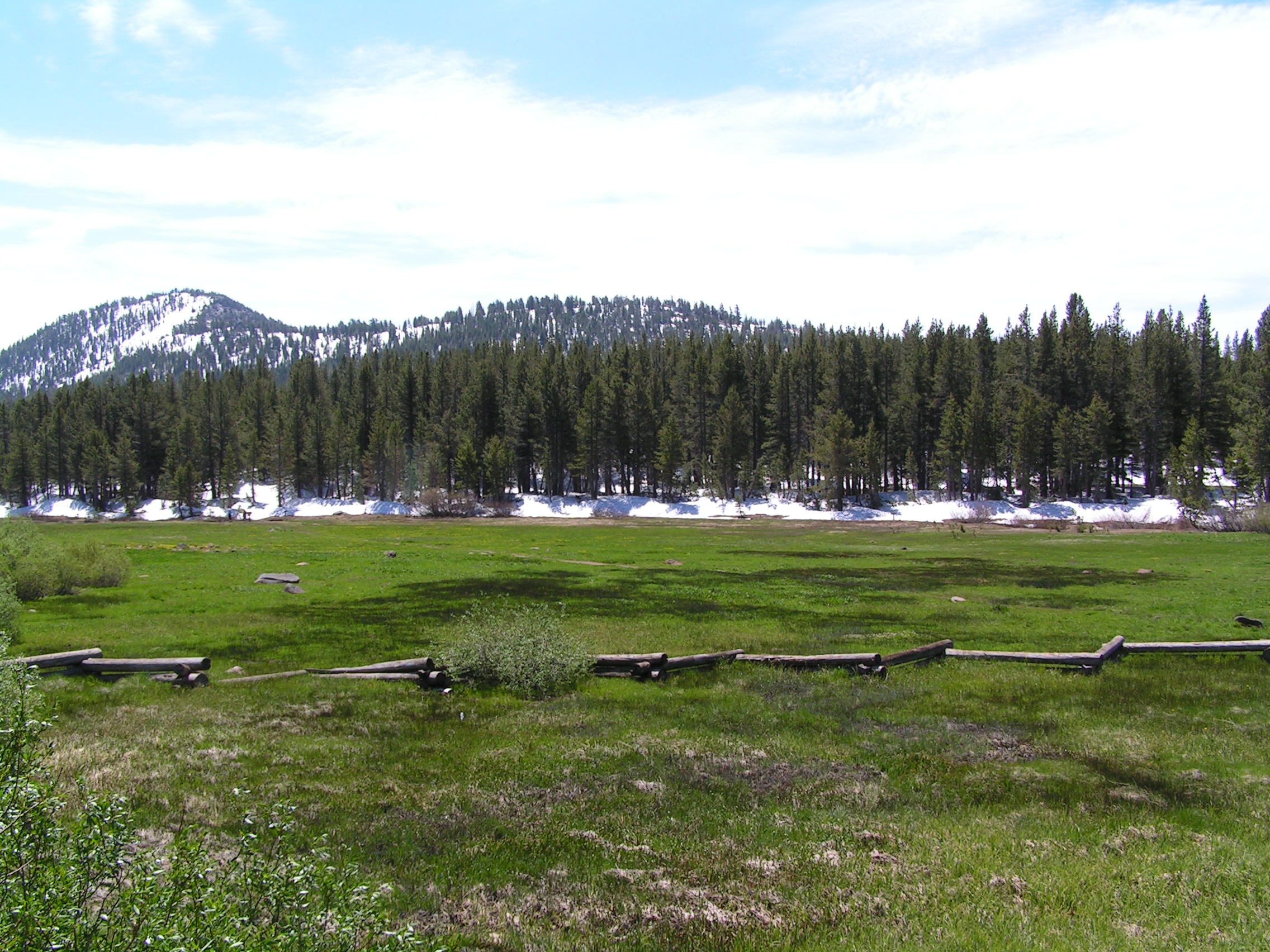Wired has this story of a town in the Central African Republic that has started using HF radios and homemade firearms to defend themselves against raiders. An article in Haaretz gives further details. Among other points, I see here an illustration of a very important, but frequently forgotten, aspect of technology: that a society may well have the knowledge to adopt a new (to them) technology without necessarily seeing any need to do so.
In this case, there were obviously smiths in Obo able to manufacture firearms. But they were clearly not doing so on any significant scale, since the townspeople were not armed at the time of the first raid. Prior to that time, people were presumably able to purchase, or otherwise obtain from outside, the few guns they needed. Afterward, townspeople quite understandably perceived a much greater need to acquire firearms, and so they began local production.
This must also be kept in mind when interpreting the remains of past societies. The fact that a particular group did not, for example, practice agriculture or use pottery in no way proves that they were unaware of these technologies. In many cases, supposing that people were aware of the technology in question but chose not to adopt it may give rise to productive research questions. (Such as, how was the steatite trade along the Southern California coast managed? Steatite was used in that region to produce a number of the types of items that elsewhere were made from fired clay.)
As an aside, one possible way for the government of the CAR to respond to local militias like the one in Obo would be to deputize them. That is, declare them to be part of the National Home Guard, or some such, and give them whatever training and equipment can be afforded, but otherwise let them continue doing what they have been doing. This would allow the government to retain its sovereignty, while simultaneously helping foster trust by making it less likely that the army – made up of local residents – can be used to oppress or terrorize the people of that region. (Of course, this assumes that the government doesn’t want to oppress or terrorize the locals, which, sadly, is far from certain.)








